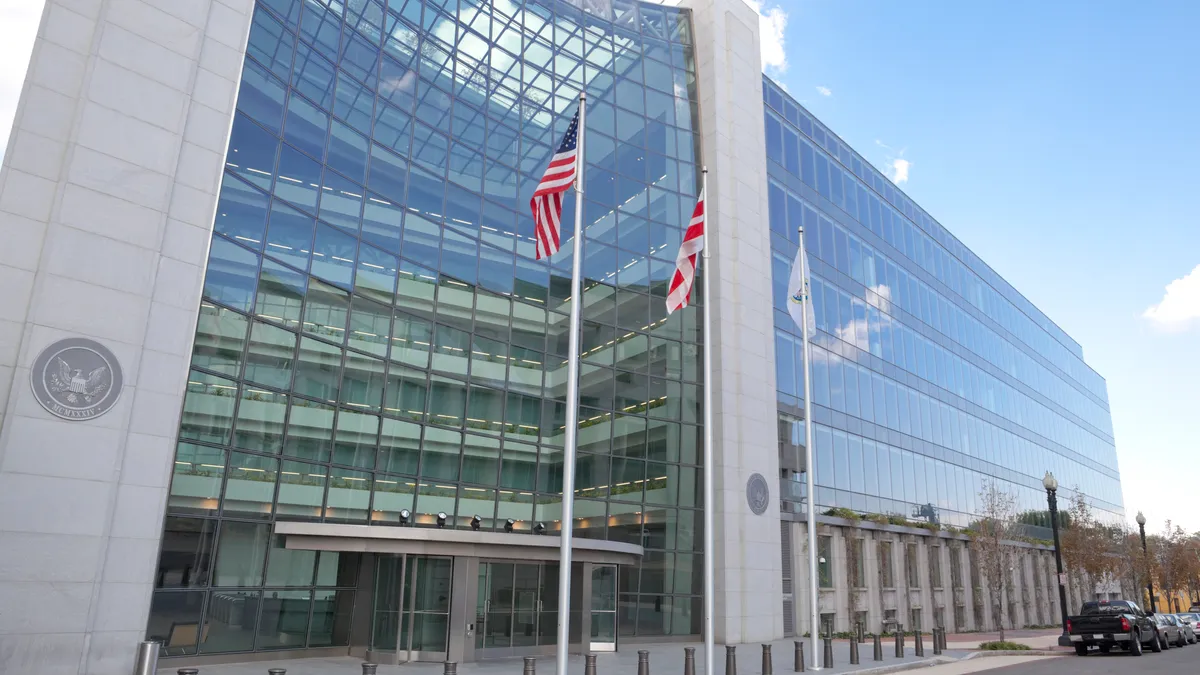Dive Brief:
- Restatements by publicly traded companies declined 53% from 2013 through 2022, with the portion of restatements by small, NASDAQ-listed companies rising to 55% in 2022 from 30% in 2014, according to the Center for Audit Quality.
- Companies most frequently cited errors in reporting accruals, reserves and estimates, with fraud identified in 3% of the 5,793 total restatements during the decade, the CAQ said. The center studied errors reported on Form 8-K, Item 4.02 and so-called “little r” restatements prompted by mistakes that, although immaterial to prior financial statements, would trigger a misstatement if corrected in the current period.
- While the impact from official supervision is inconclusive, “one can speculate that a strong regulatory environment and government oversight does contribute to low levels of restatements,” Vanessa Teitelbaum, senior director of professional practice at CAQ, said in an email response to questions.
Dive Insight:
The Sarbanes-Oxley Act, although signed into law more than two decades ago, continues to avert errors in financial statements, Teitelbaum said.
Requirements under the act sharpening audit committee oversight and requiring that CEOs and CFOs certify financial statements “are now embedded into the fabric of the financial reporting process,” she said. “These are key to financial reporting quality and contribute to lower restatements.”
“Especially in larger companies, the control environment, including processes and controls, have matured,” Teitelbaum said, noting that improved audit quality has likely helped avert restatements.
Smaller companies continue to suffer from comparatively weak controls, she said. “You can see that smaller and emerging companies have more restatements and that could be because that control environment is not as mature.”
Financial institutions, banks and insurance companies filed the most restatements during the decade, the CAQ said.
“Highly complex industries tend to be regulated and increased regulation could ferret out more restatements,” Teitelbaum said. “Somewhat contradictory to this, however, is that financial institutions have complex and subjective accounting rules that may actually contribute to more restatements.”
The CAQ findings suggest that CFOs should “look carefully at expenses and related estimates,” Teitelbaum said. “A CFO of a newer and/or smaller company would do well to consider investing in long-term, sustainable infrastructure that supports high-quality financial reporting.”
The CAQ in its study excluded 1,155 restatements following an April 2021 release by the Securities and Exchange Commission describing the proper accounting for warrants used by special purpose acquisition companies.
In response to the release from the agency’s chief accountant, a large number of SPACs filed restatements citing “debt, quasi-debt, warrants and equity (BCF) security issues” and “debt and/or equity classification issues,” the CAQ said.















